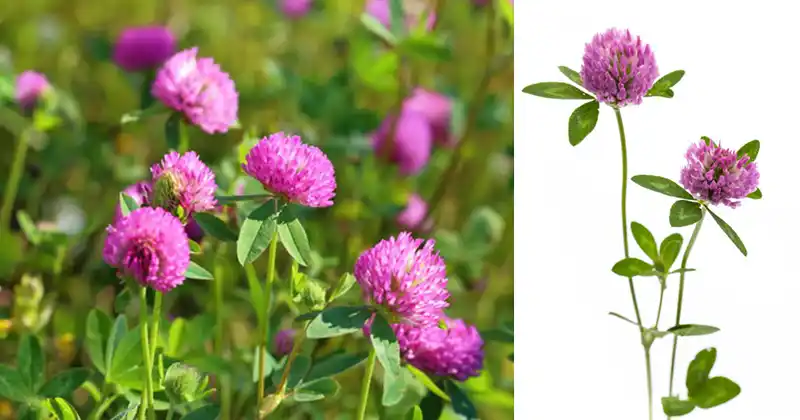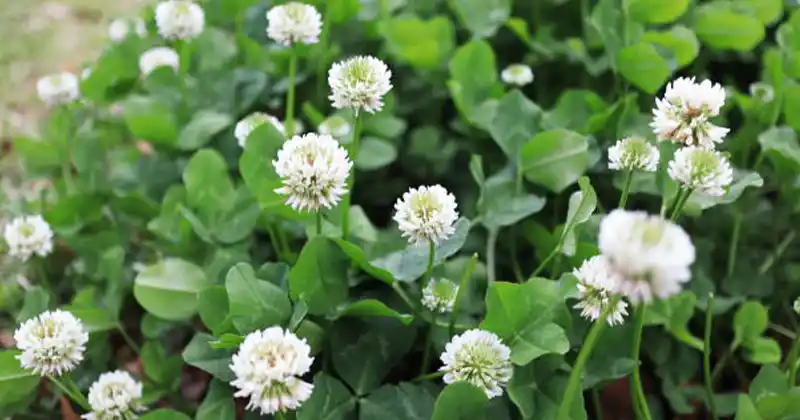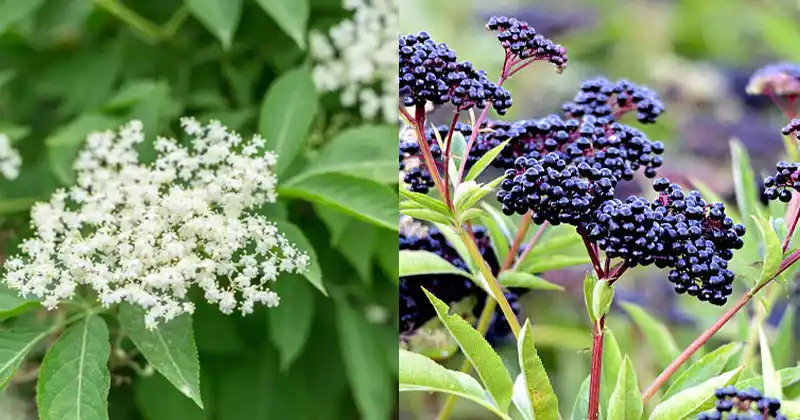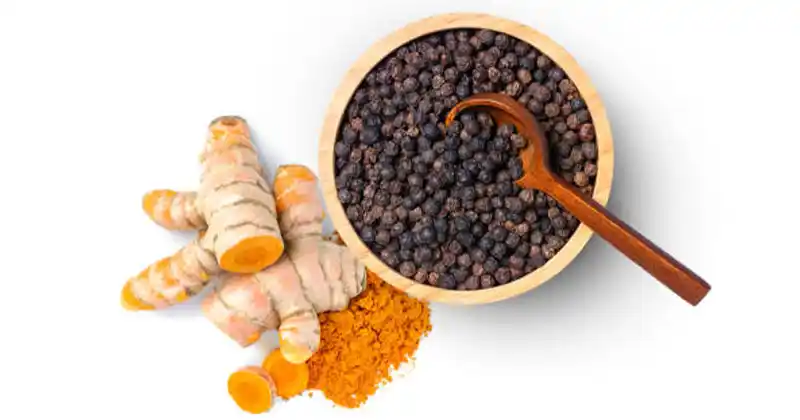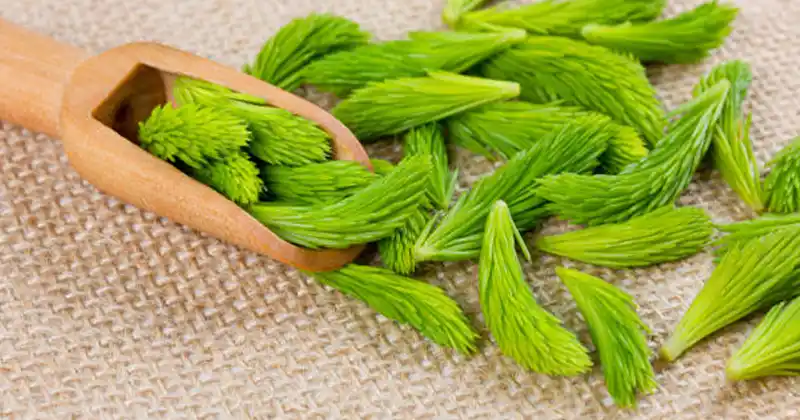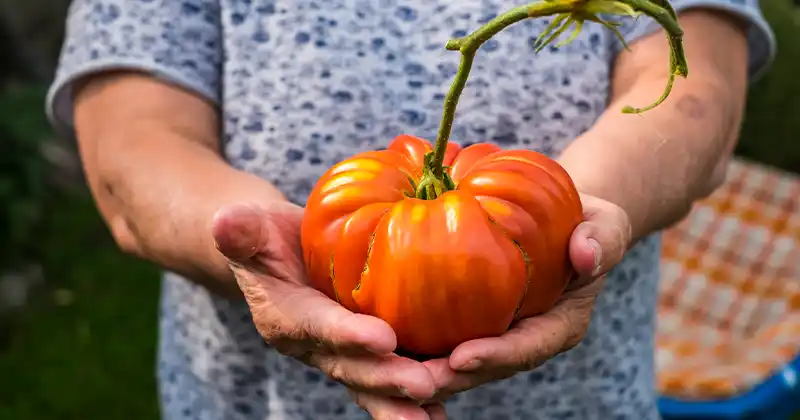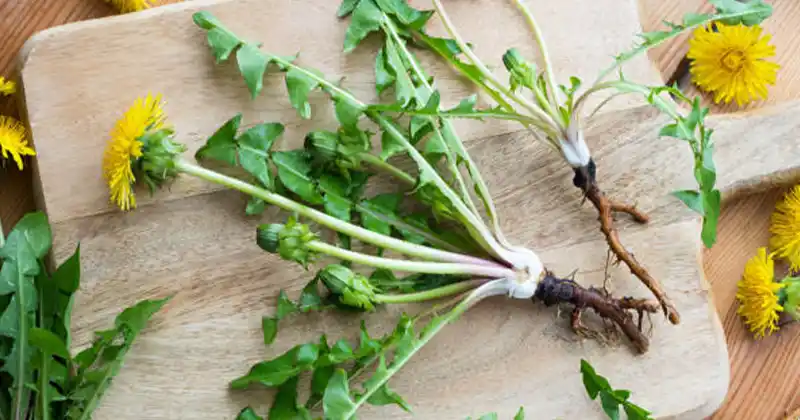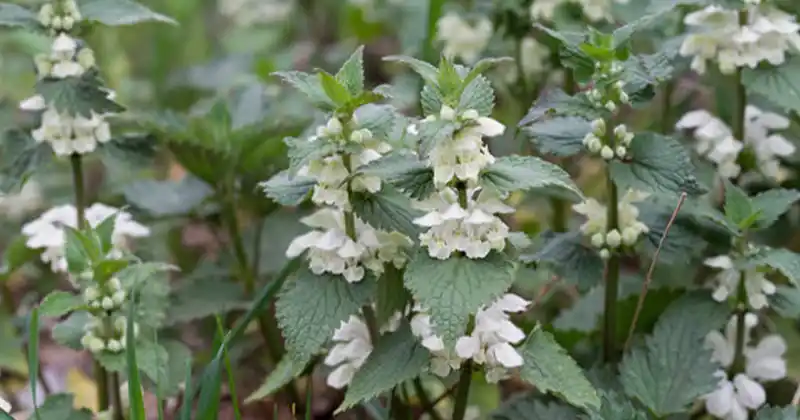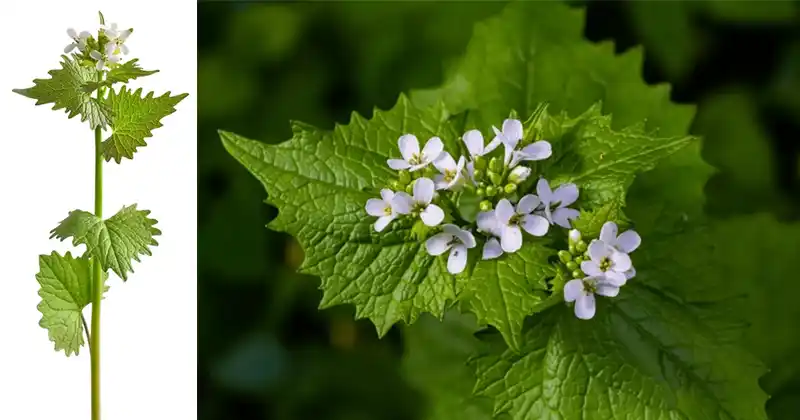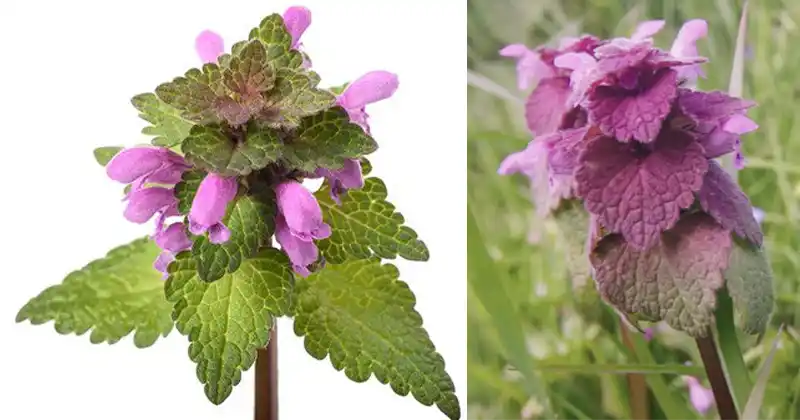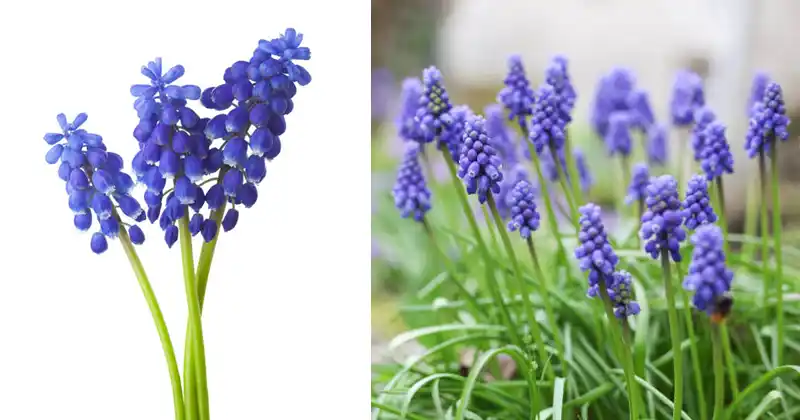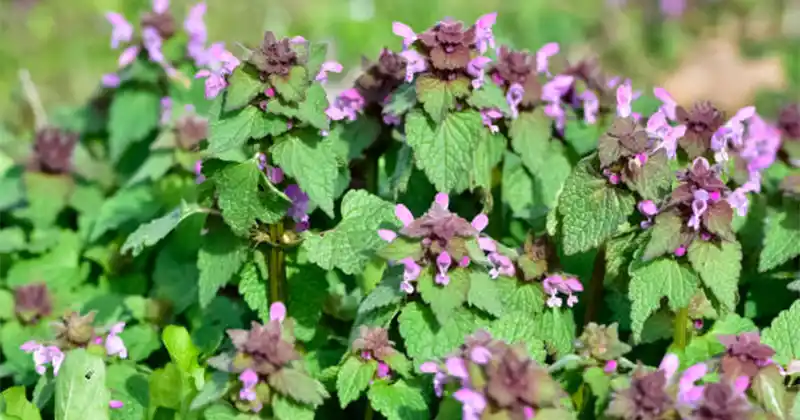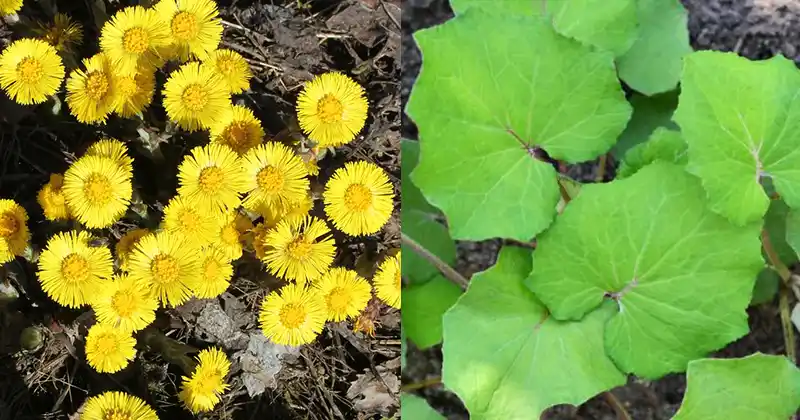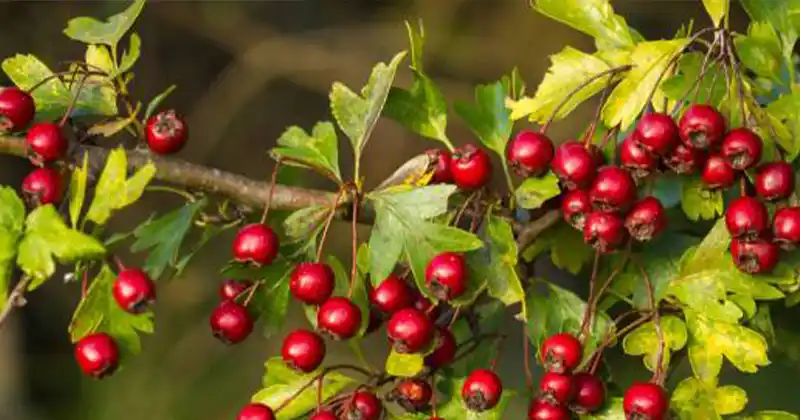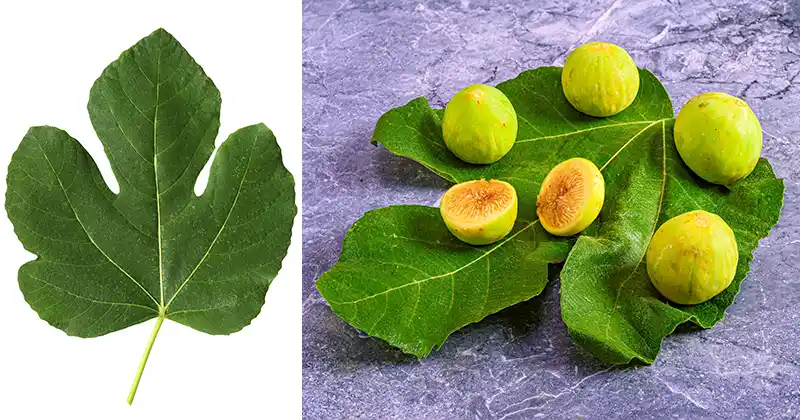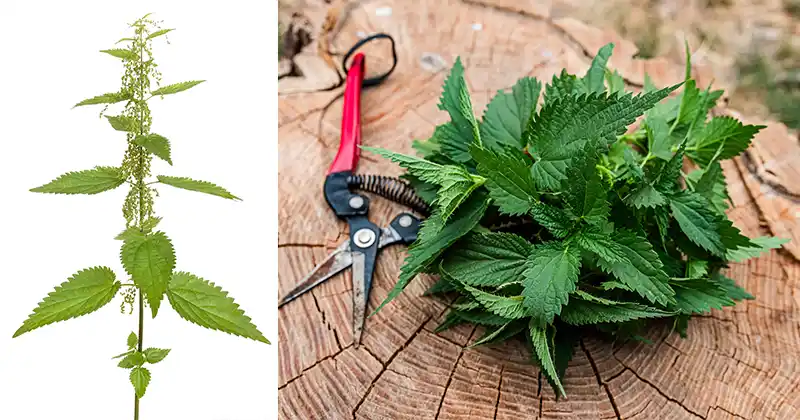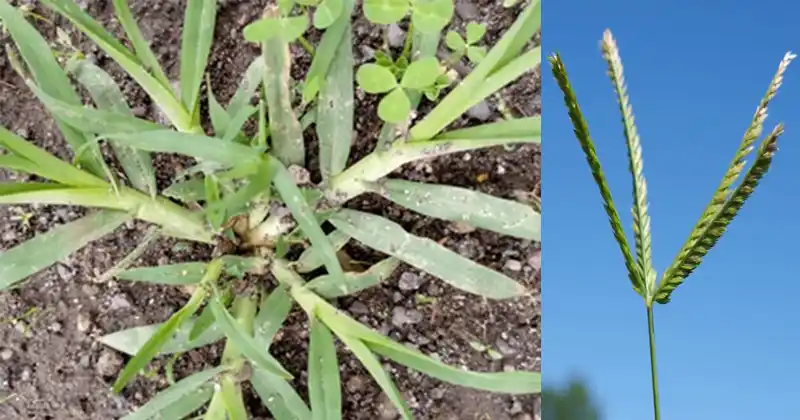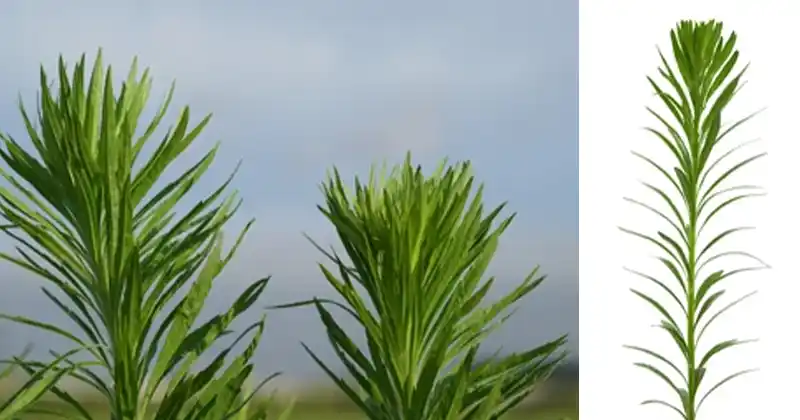Borage (Borago officinalis): Edible Uses and Powerful Benefits
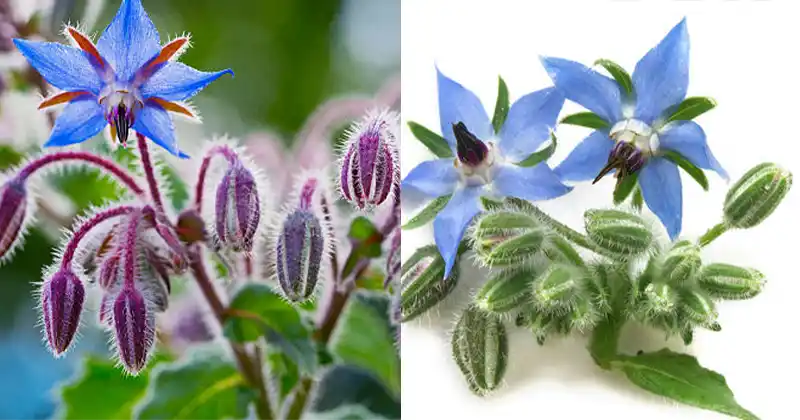
Yes, Borage (Borago officinalis) is edible, and it has been used for centuries in both culinary and medicinal traditions. Nearly every part of the plant can be consumed, but the leaves and flowers are the most commonly used. This beautiful blue-flowered herb may look delicate, but it packs a surprising punch in both flavor and healing properties.
🌱 Edible Parts of Borage
- Leaves – Young leaves have a crisp, cucumber-like flavor. They’re often added to salads, chilled soups, or even blended into smoothies. Because they’re slightly hairy, many people prefer them cooked, sautéed, or steamed like spinach.
- Flowers – The star-shaped blue flowers are not only edible but also decorative. They can be sprinkled on top of desserts, mixed into salads, or frozen into ice cubes for a floral twist in drinks.
- Seeds – Borage seeds are cold-pressed to create borage seed oil, a supplement rich in gamma-linolenic acid (GLA), a valuable omega-6 fatty acid that supports skin health, hormonal balance, and more.
✅ Main Benefits of Borage
1. 🌿 Anti-Inflammatory Properties
The most well-known compound in borage is GLA (gamma-linolenic acid), which plays a key role in reducing inflammation throughout the body. It’s especially helpful for those with chronic conditions like arthritis, eczema, or asthma.
2. 🌸 Skin Health
Borage oil is a common natural remedy for dry, irritated, or inflamed skin. It hydrates, calms redness, and may support recovery from conditions like acne, rosacea, and dermatitis.
3. 💗 Supports Heart Health
GLA and other fatty acids found in borage may help lower LDL cholesterol and regulate blood pressure, offering gentle support for cardiovascular health.
4. 💧 Hormonal Balance (Especially in Women)
Many women take borage oil to relieve PMS symptoms, breast tenderness, and menopausal discomfort. Its ability to promote hormonal balance has made it a go-to natural remedy for cycles and transitions.
5. 🧘 Nervous System Support
Historically, borage was used to “cheer the heart.” It was believed to calm sadness, lift the mood, and help with nervous exhaustion. Even today, it’s seen as a mild nervine that supports emotional well-being.
6. 💪 Boosts Adrenal Function
In cases of fatigue, borage may help support the adrenal glands, which manage stress hormones like cortisol. It has traditionally been used to restore energy during times of burnout or long illness.
7. 🤧 Respiratory Relief
Because of its soothing mucilage, borage is helpful for dry coughs, sore throats, and chest tightness. Herbal teas made with borage leaves are a common folk remedy for colds.
8. 🌿 Diuretic and Detoxifier
Borage gently promotes urine production, helping the body release excess water and toxins. This diuretic effect can help support kidney function and reduce bloating.
9. 🩹 Wound Healing
Used externally, crushed borage leaves were traditionally applied to cuts, stings, and swellings. The plant’s natural anti-inflammatory properties may help speed up minor wound healing.
10. 🍽️ Digestive Aid
Consuming borage leaves can stimulate appetite, ease bloating, and soothe the digestive tract. It was often used in soups or teas to support digestion after illness.
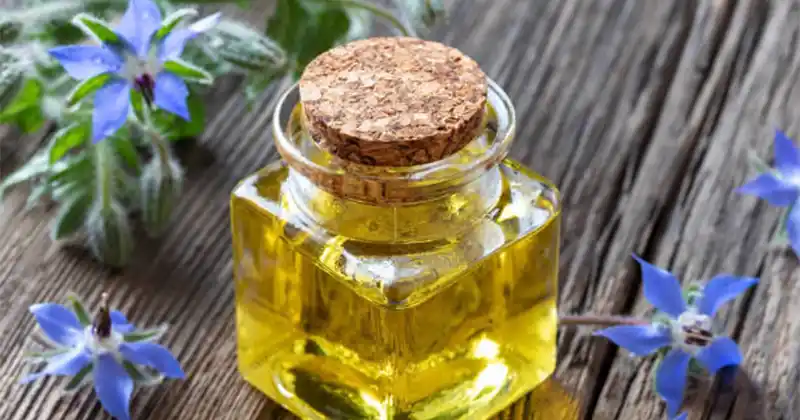
🛠️ How to Use Borage at Home
- Tea – Steep a few fresh leaves in hot water for a gentle cucumber-flavored herbal tea. You can blend it with lemon balm or mint.
- Cooked – Sauté chopped young leaves with garlic and olive oil, or add them to omelets, soups, or stews.
- Raw – Finely chopped raw leaves can be added sparingly to salads for a refreshing twist.
- Decorative – Freeze flowers into ice cubes for summer drinks, or sprinkle them onto cakes and desserts.
- Skincare – Use cold-pressed borage oil topically or add it to homemade face oils and serums.
⚠️ Precautions and Safety
While borage is safe in moderation, it’s important to note that the leaves and stems contain small amounts of pyrrolizidine alkaloids (PAs). In large or chronic doses, these compounds may affect the liver.
To stay safe:
- Use young leaves only.
- Avoid excessive or long-term consumption.
- Stick to occasional culinary use for homemade dishes or teas.
- Borage oil supplements are generally PA-free, especially when purified.
Pregnant or breastfeeding individuals and those with liver conditions should avoid borage unless under professional supervision.
🌼 Final Thoughts
Borage (Borago officinalis) is more than just a pretty herb. With its edible flowers, refreshing leaves, and potent seed oil, it offers a variety of ways to support your health naturally. From glowing skin and hormonal support to respiratory relief and emotional calm, this humble plant deserves a place in your garden, your kitchen, and your wellness toolkit.
Whether you’re steeping a cup of herbal tea, garnishing a salad, or applying borage oil to your skin, you’re tapping into a centuries-old tradition of natural healing.
